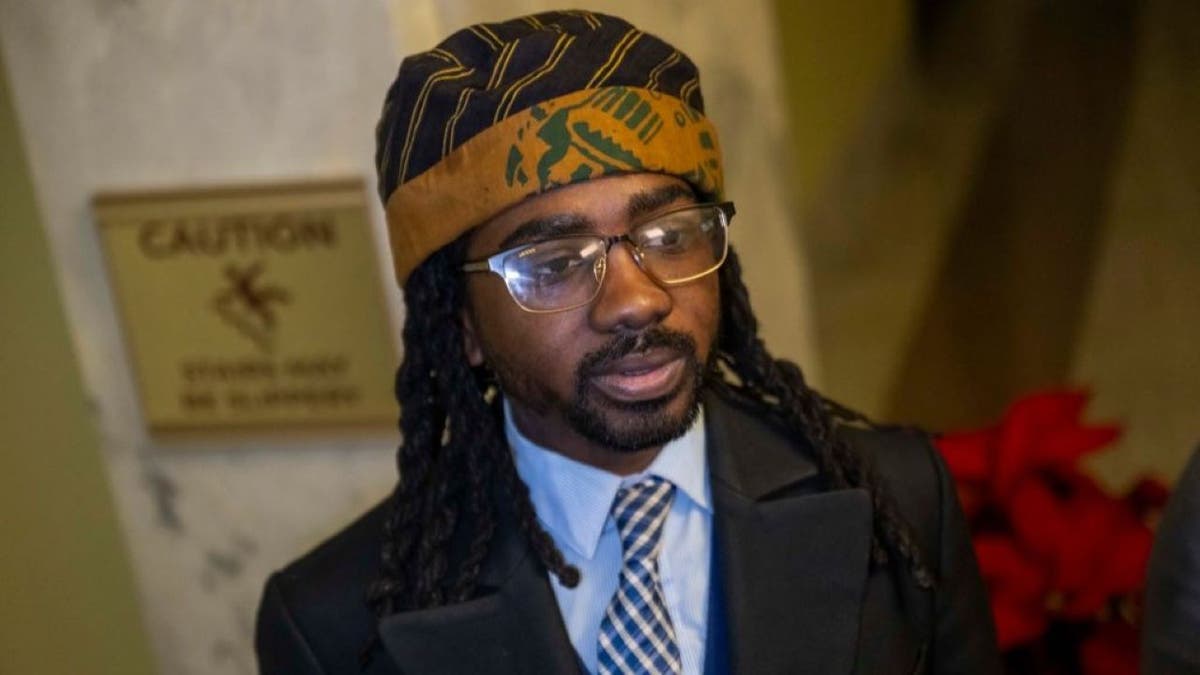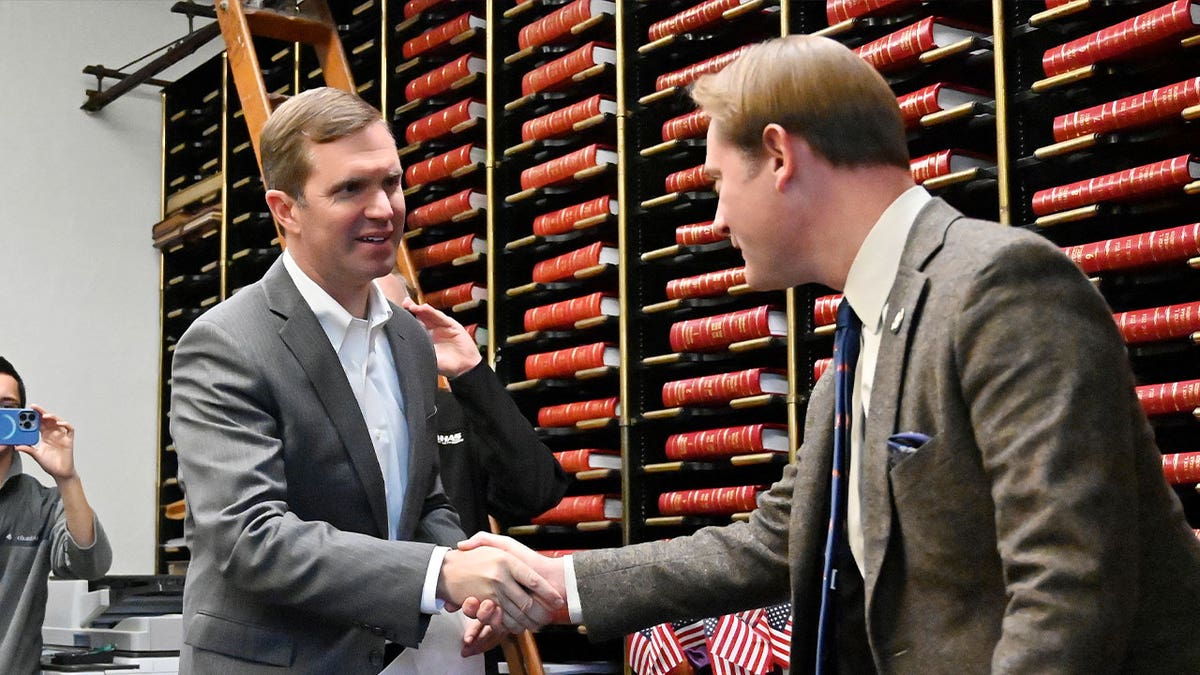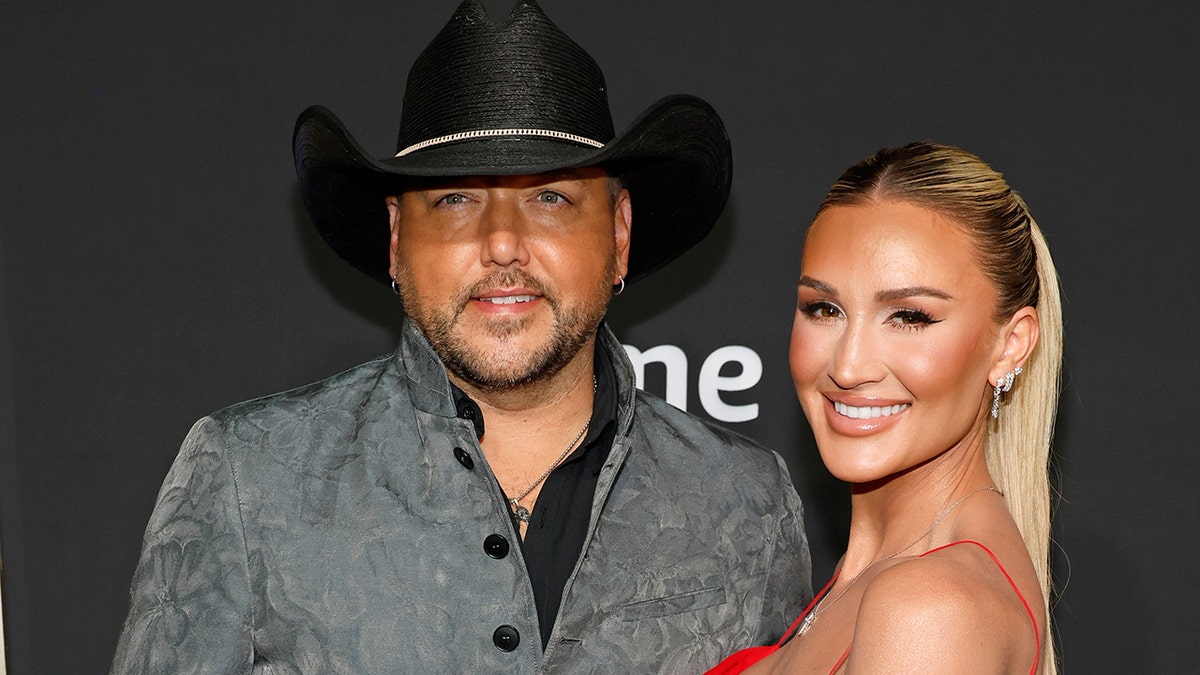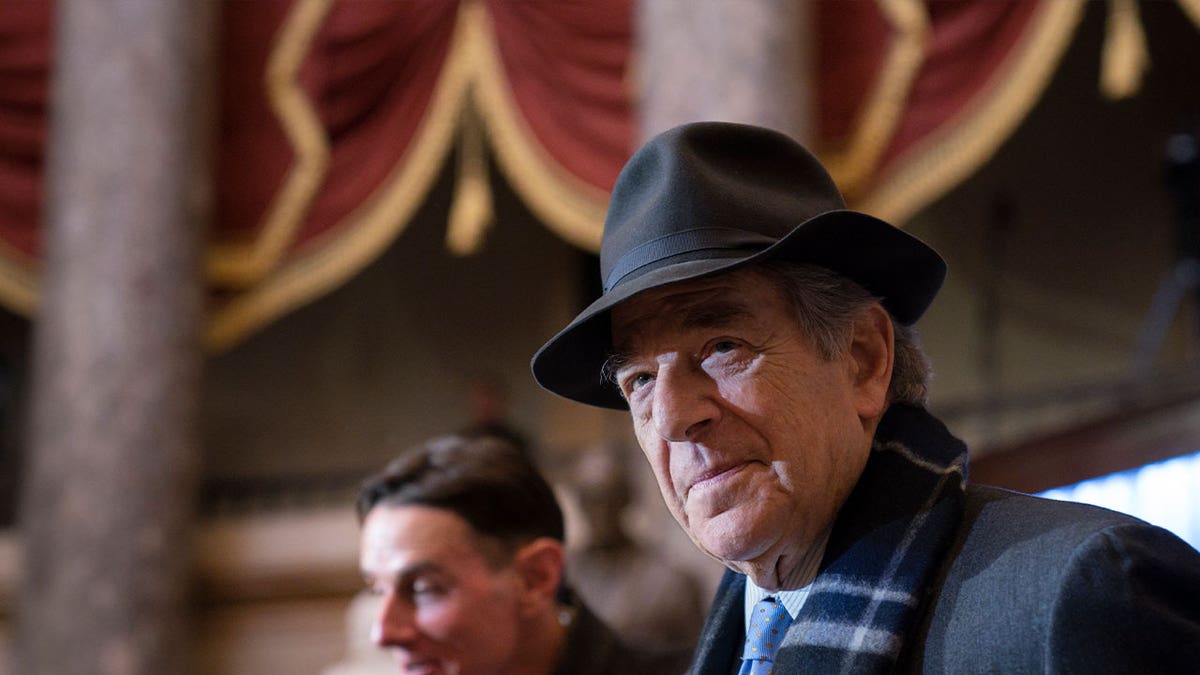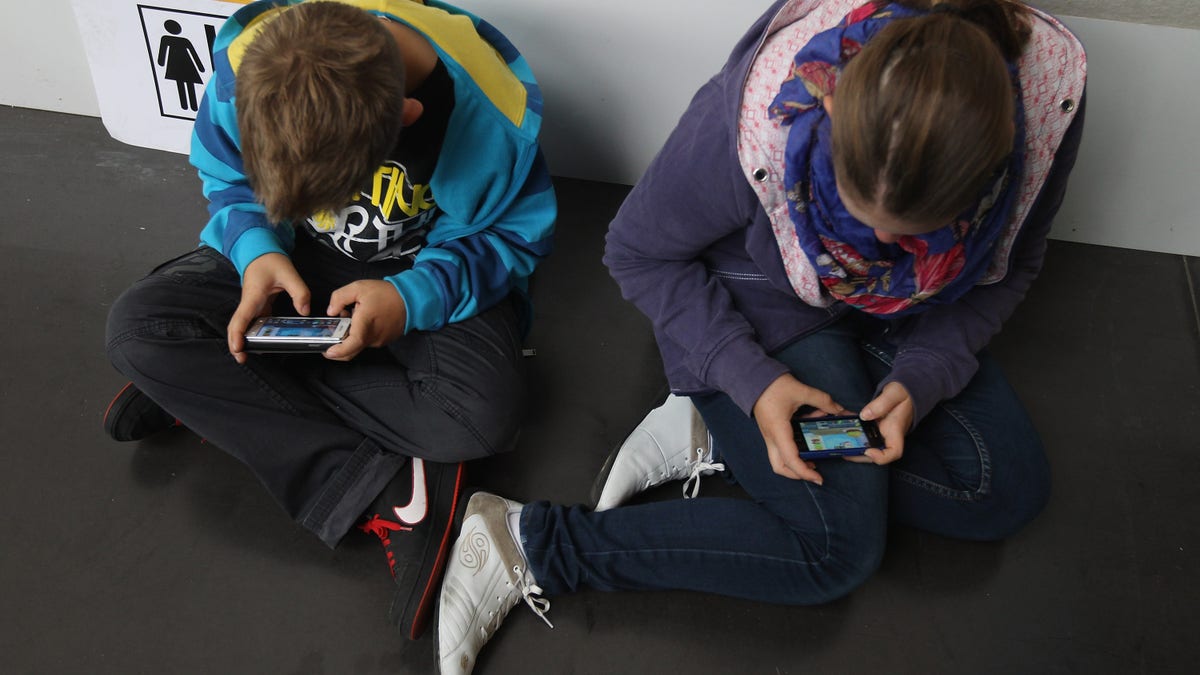For 125 years, since American forces landed on its shores during the Spanish-American War, Puerto Rico has existed in a state of political ambiguity under U.S. governance. This complex relationship has shaped the island's trajectory, influencing its economy, political landscape, and the very identity of its people.
This Caribbean island, home to almost 3.3 million people, occupies a unique space in the Latin American and Caribbean context. Its status as an "unincorporated territory"—legally belonging to, but not part of, the United States—has been a source of ongoing debate and uncertainty. This peculiar designation, stemming from early 20th-century Supreme Court rulings, established Puerto Rico as "foreign to the United States in a domestic sense." This meant Congress, not the Constitution, would dictate which U.S. laws applied to the island.
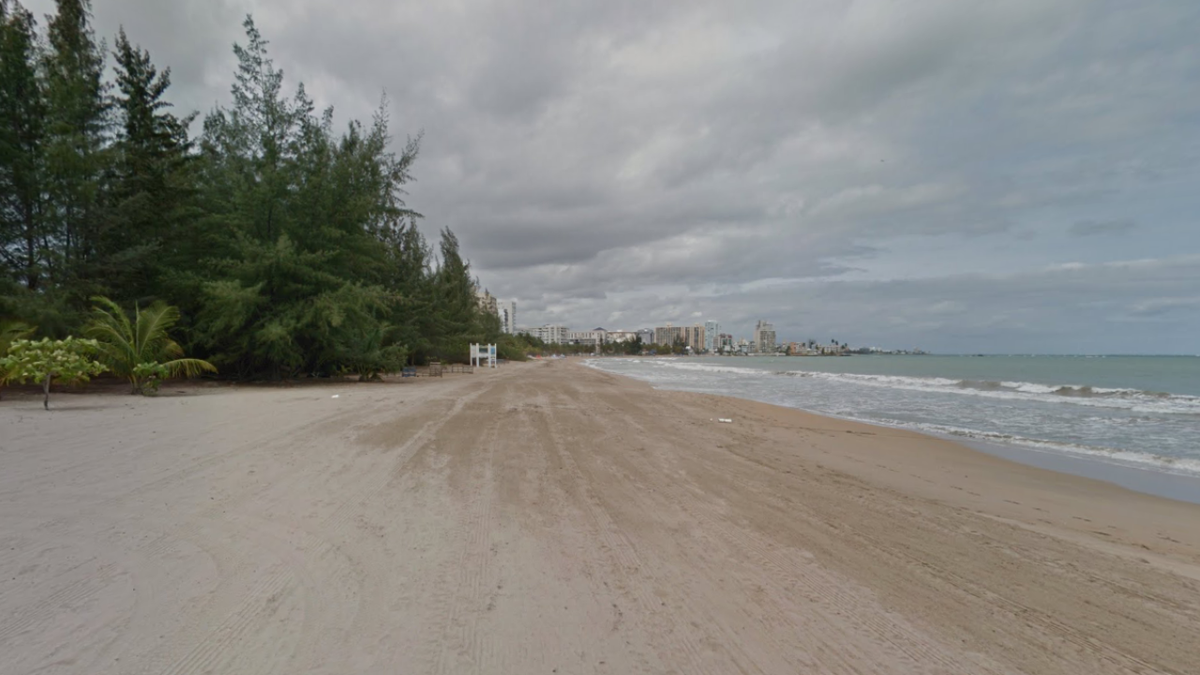
While Puerto Ricans were granted U.S. citizenship in 1917, they haven't enjoyed the full spectrum of rights and responsibilities afforded to stateside citizens. For example, residents of the island cannot vote in presidential elections and are exempt from federal income tax, yet they are subject to federal laws and policies concerning defense, trade, and international relations.
The island's commonwealth status, established in 1952, granted a degree of self-governance. However, this autonomy has been tested, particularly in recent times. The island's substantial public debt crisis led to the 2016 Puerto Rico Oversight, Management, and Economic Stability Act, placing its financial matters under federal oversight. A federally appointed oversight board, often referred to as "la junta" by locals, now controls Puerto Rico's fiscal decisions, a situation drawing parallels to the island's earlier history of limited self-determination.
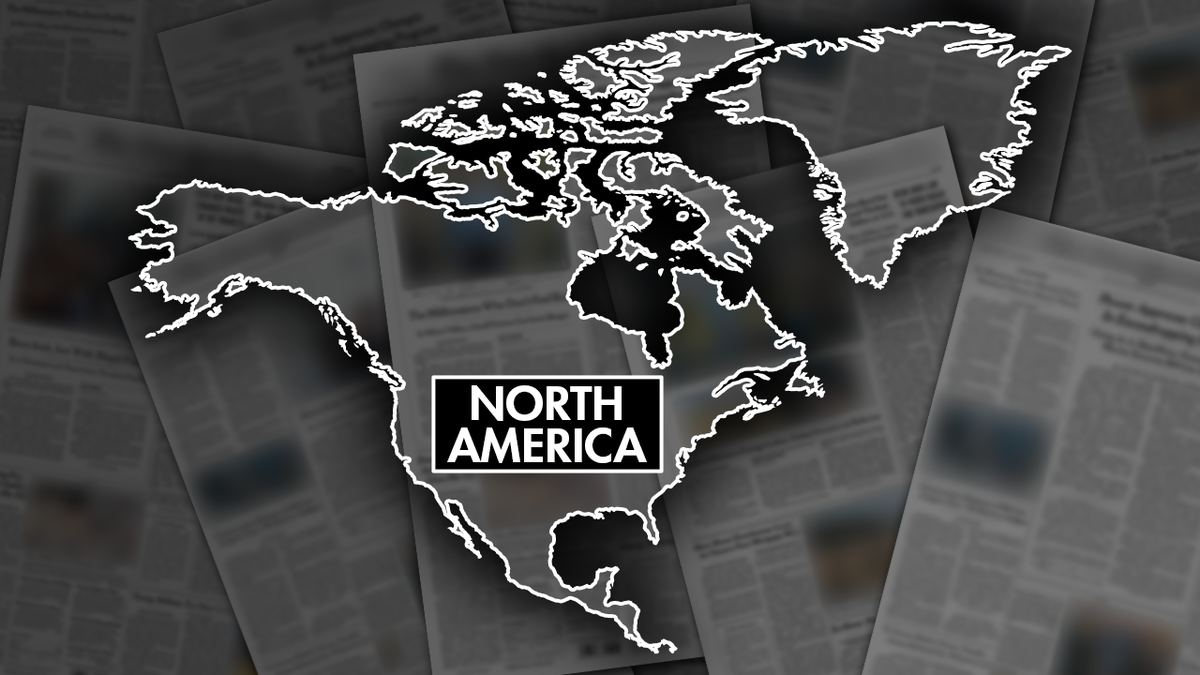
The question of statehood has been a recurring theme in Puerto Rican politics. Several referendums have been held since the 1960s, with varying outcomes and levels of voter participation. The most recent referendum in 2020 saw a slight majority in favor of statehood, but the issue remains divisive, reflecting a deep split within the population.
While recent Congressional efforts to address Puerto Rico's status have stalled, the debate continues. The core question remains: What is the future of this island territory after 125 years under U.S. control? The answer will significantly impact the lives of millions and redefine the relationship between Puerto Rico and the United States.

